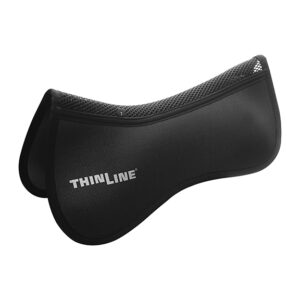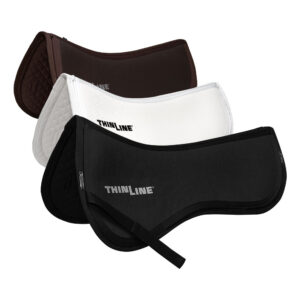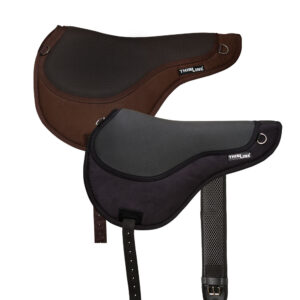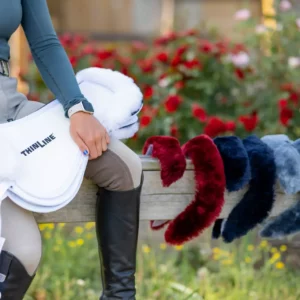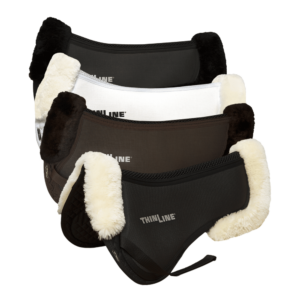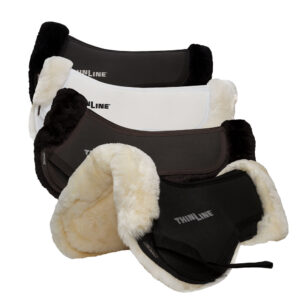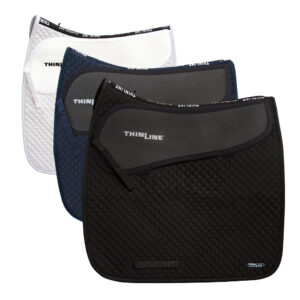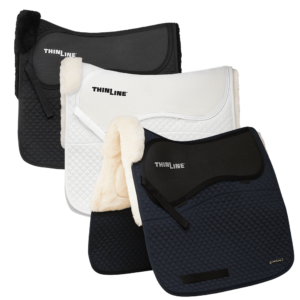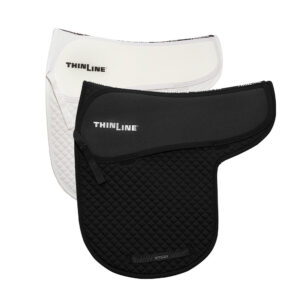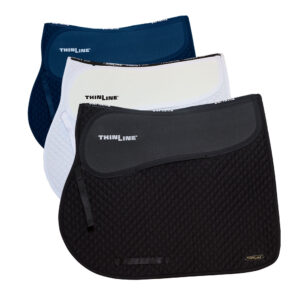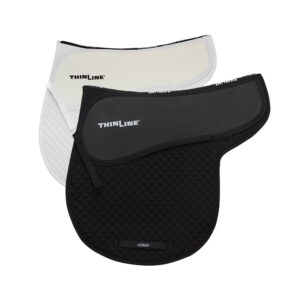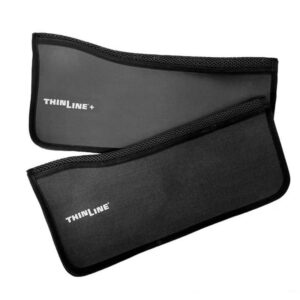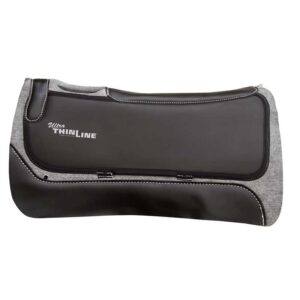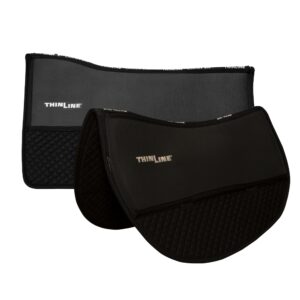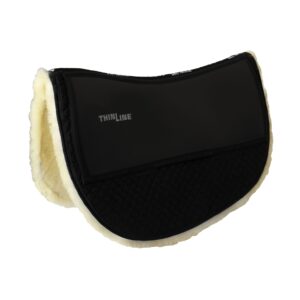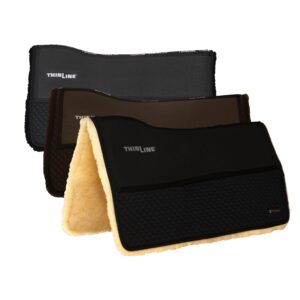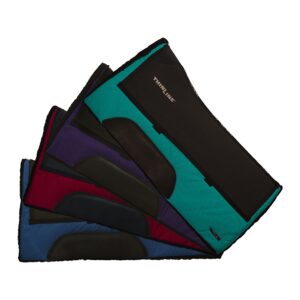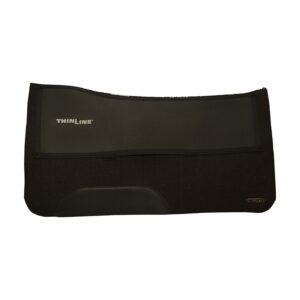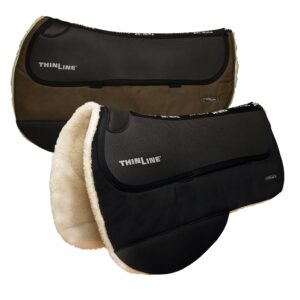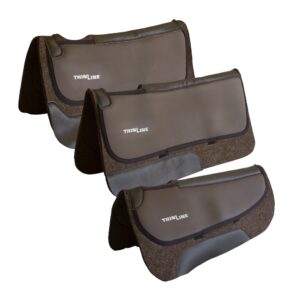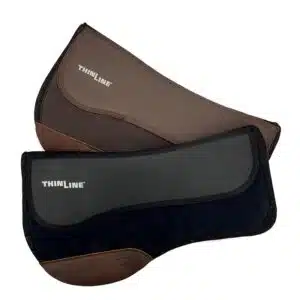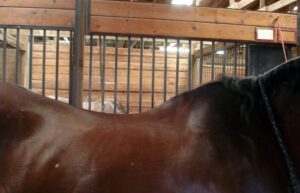
What is a Sway Back Horse?
A Sway Back Horse also called Lordosis, is when the span of the back dips excessively in the centre of the top line.
Most sway backs are not congenital, are not a true sway back. Often the sway back is the result of lack of muscle across the top line: building back muscle will reduce or eliminate the sway, if it is not congenital and will improve it even if it is.
What Causes a Sway Back?
-
- Weakened soft-tissue support of the spinal column
- Weight of the abdomen pulling downward
- A vertebral conformational defect
- Belly starts to pull on his spinal column
- Pregnancy stressing the back
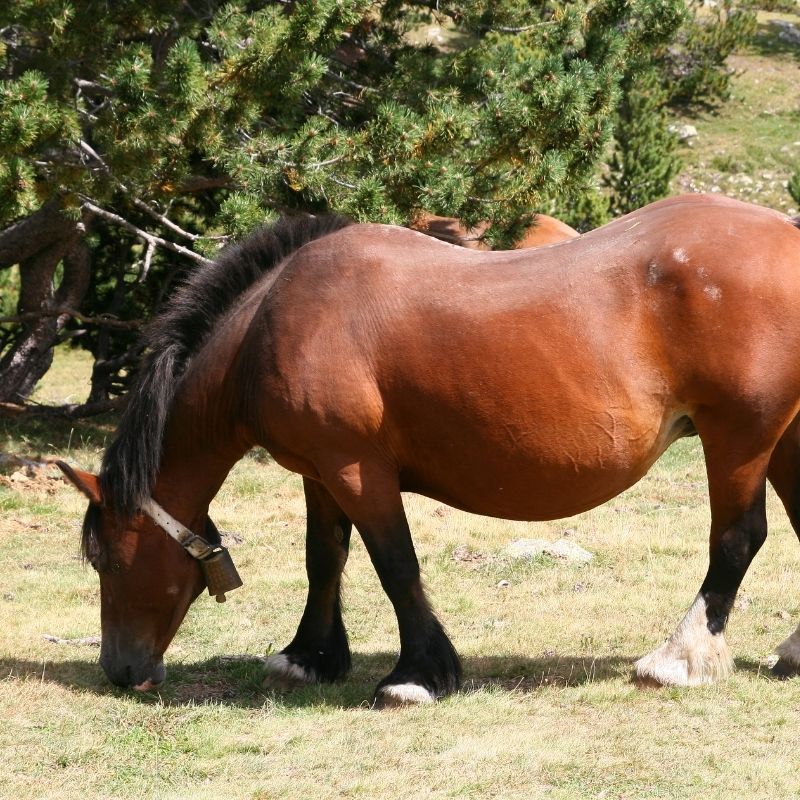
Swayback is caused by weakness and laxity/stretching of the supporting ligaments along the horse’s spine, often with weakness and loss of bulk/tone in the top line musculature.
Swayback is common in aged broodmares, who have had the added weight of a pregnancy stressing the back. Letting the horse get too fat obviously contributes to strain on the back. Similarly, carrying a heavy rider for many years might increase risk.
Conformation plays a role. Horses with long backs prone to back problems in general, including swayback. Horses with high-set necks and a high head carriage may be at greater risk because this way of moving tends to hollow the back.
Weight control is also a very important factor in this story. Therefor we created a horse friendly grazing muzzle to keep your horse happy and safe on the field!
How can I fit a saddle on a Sway Back Horse?
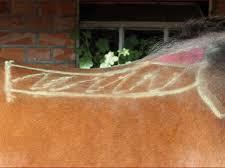
A swayback can cause soreness to a horse’s back because most saddles will “bridge“, putting the rider’s weight only on the front and the back of the saddle, creating abnormal pressure points, especially over the shoulders and loins.
On the other hand, poor saddle fit can also contribute to swayback, as the horse will alter its stride and movement, including hollowing its back, and raising its head to avoid pain.
When riding a horse with a swayback, make sure your saddle fits correctly. An ill-fitting saddle will only exasperate the problem, and prevent correct muscle development.
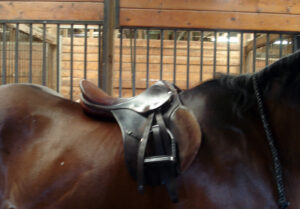
Signs of Poor Saddle Fit on Sway Back Horse?
- Saddle Sores: caused by friction (movement of the saddle) or pressure. Girth and/or saddle are too tight or too loose and begin to rub the horse. Friction can also be caused by an imbalanced rider, or incorrect saddle placement.
- White Hairs: are caused by too much pressure in a small spot. The pressure stops blood flow, kills the sweat gland and causes hair to turn white.
- Dry Spots: after you ride the back of your horse should be evenly wet where the saddle lies. Dry spots suggest there is either too much pressure, or not enough contact in one spot.
- Muscle Atrophy: your saddle is probably pinching the horse. This could also be caused by poor riding or riding too long on unfit horses.
- Saddle Bridging: this is when the panels at the centre of the saddle do not have even contact with the horses back. This indicates that either the saddle tree is too straight for the horse’s back, or if the saddle fits otherwise correctly, the horse is showing signs of swayback.
Find out more about Saddle Fitting Solutions here!
 What Can I do about the Saddle Fit?
What Can I do about the Saddle Fit?
There are ways to accommodate saddle fit for a saddle that bridges.
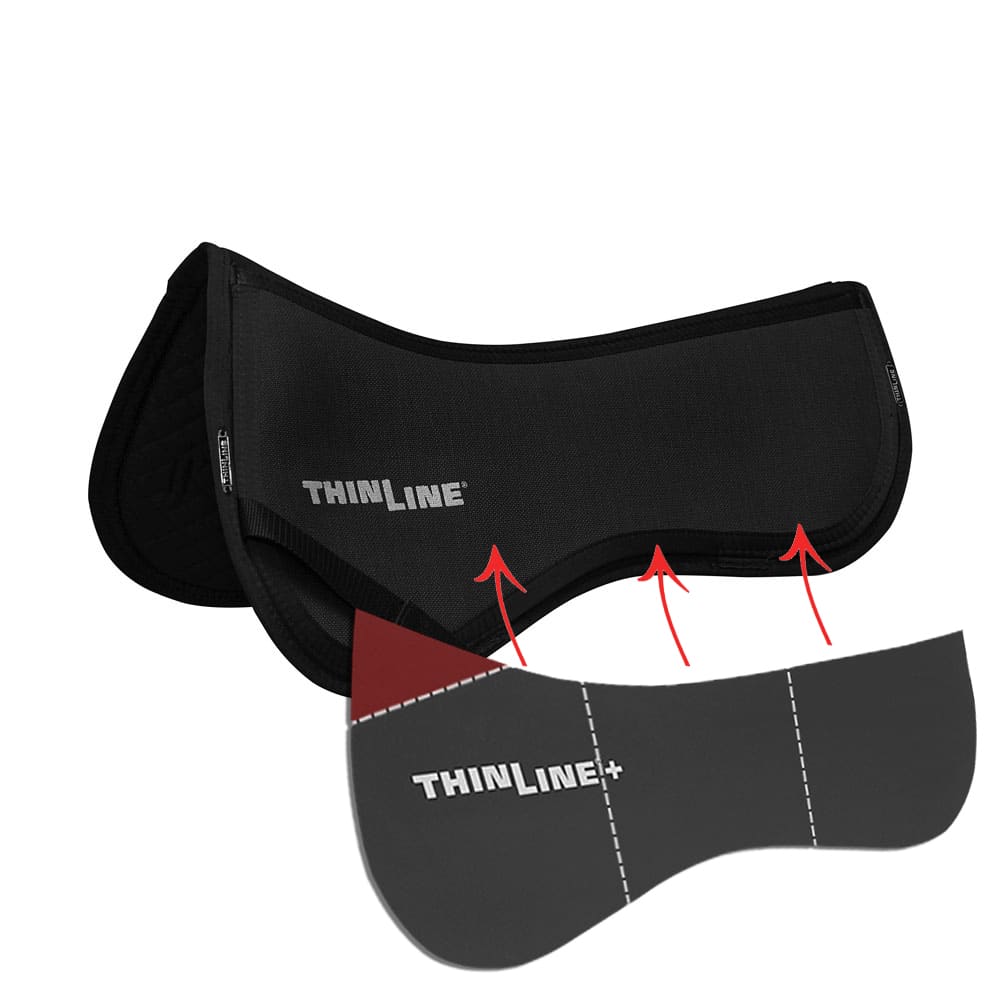
If a slight bridge exists, then use a shimmable pad with saddle bridging shims inserted to “fill in” the gap. That is where ThinLine comes in. We have developed shims that can be cut perfectly to where the bridge needs to be solved. Cut to size with the same 95% shock absorption that all our pads have! Read more about Saddle Bridging in this article.
Contact of the saddle panels on the horses back must be even. Dealing with a Sway Back Horse, then this will make the horse more comfortable and offer a more permanent solution.
If the horse is only displaying signs of a sway from lack of correct muscle development, then using the saddle bridging shims will allow the horse to move more comfortably and correctly so that those muscles can be developed and the shims may eventually be removed.
Proper Saddle Fit a Sway Back Horse!
Proper saddle fit, for a horse with a swayback or not, will equal a safe, relaxing ride. You don’t have to be an expert to tell if you have a bad saddle fit for but it is always advisable to have a professional check. If you’re certain you have a saddle with the correct gullet size for your horse, paying attention to how your horse acts and how your body feels will let you know if you’ve got the right fit. An article on Fitting Saddles and there solutions can be found here.
Exercise caution using bridging shims. Over shimming a sway back horse can actually cause the horse to move away from the pressure created when over shimming the centre of the back. Your saddle will rock forward and backward if you over shim.
Our products are here to help you and your horse work happily together.
All our pads, except the basic ThinLine, are available with bridging shims.





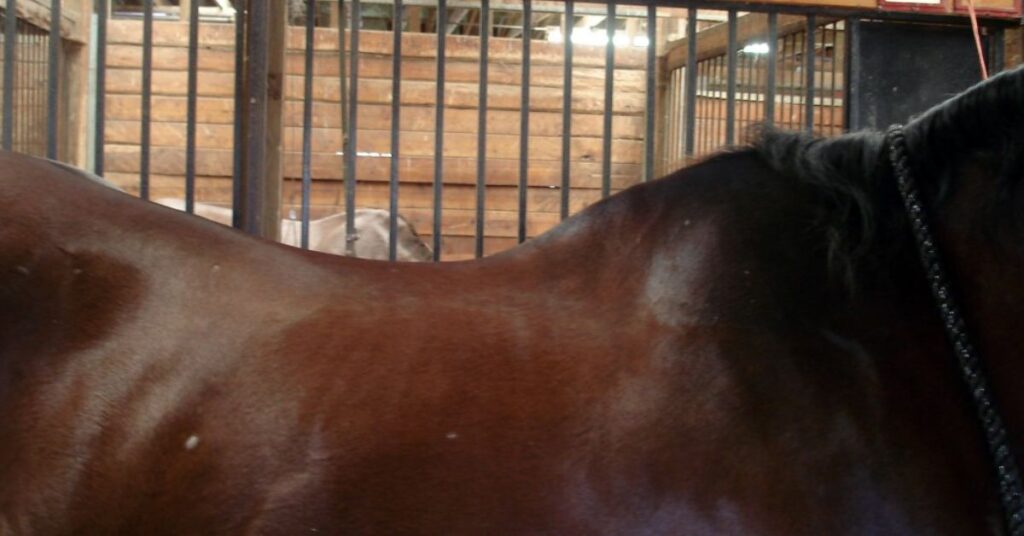
 What Can I do about the Saddle Fit?
What Can I do about the Saddle Fit?
